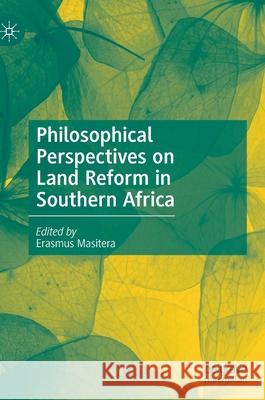Philosophical Perspectives on Land Reform in Southern Africa » książka
topmenu
Philosophical Perspectives on Land Reform in Southern Africa
ISBN-13: 9783030497040 / Angielski / Twarda / 2020 / 341 str.
Philosophical Perspectives on Land Reform in Southern Africa
ISBN-13: 9783030497040 / Angielski / Twarda / 2020 / 341 str.
cena 201,24
(netto: 191,66 VAT: 5%)
Najniższa cena z 30 dni: 192,74
(netto: 191,66 VAT: 5%)
Najniższa cena z 30 dni: 192,74
Termin realizacji zamówienia:
ok. 22 dni roboczych.
ok. 22 dni roboczych.
Darmowa dostawa!
Kategorie BISAC:
Wydawca:
Palgrave MacMillan
Język:
Angielski
ISBN-13:
9783030497040
Rok wydania:
2020
Wydanie:
2021
Ilość stron:
341
Waga:
0.58 kg
Wymiary:
21.01 x 14.81 x 2.06
Oprawa:
Twarda
Wolumenów:
01
Dodatkowe informacje:
Wydanie ilustrowane











